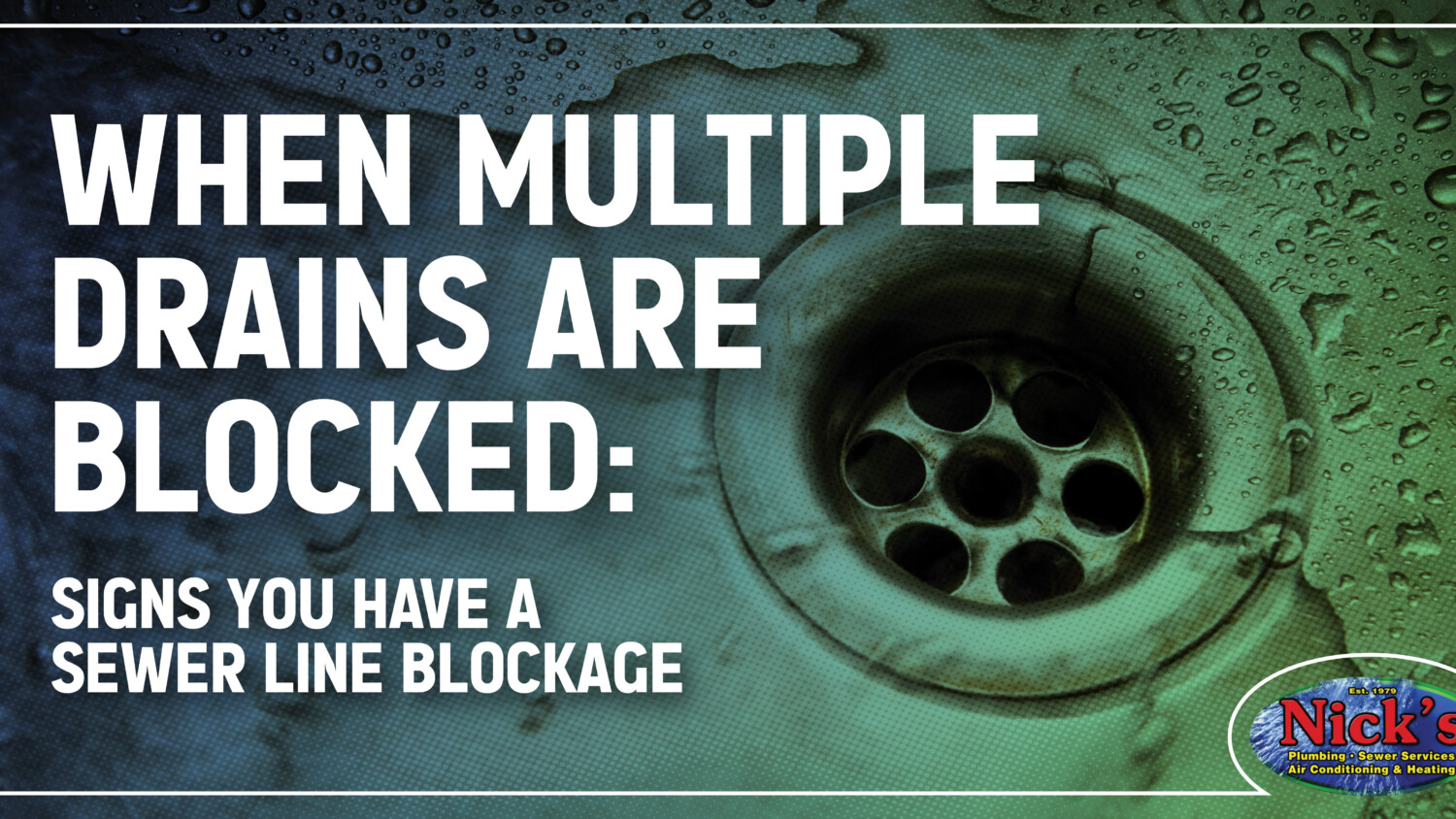When everything in your home is working the way it should, you don’t give much of a thought to your water heater. You turn the tap, and hot water shows up. Simple. But when that water turns lukewarm, the tank starts rumbling, or there’s a suspicious puddle forming at the base of the unit, your electric water heater is trying to tell you something.
Knowing how to read the signs can make the difference between a quick electric water heater repair and waking up to a full-blown replacement job. Let’s walk through the most common red flags, how to tell what they mean, and when it might be time to swap your old system for a new one.
Why Houston Homeowners Need to Watch Their Electric Water Heaters.
Houston’s hot and humid climate is harsh on appliances. Between our mineral-heavy water supply and constant seasonal use, water heaters in the city tend to wear down more quickly than expected. Traditional electric units are built to last 8–12 years, but that number shrinks fast if sediment collects at the bottom of the tank or if routine maintenance gets skipped.
The good news? Paying attention to the early warning signs can help you stay ahead of breakdowns. It’s usually cheaper to repair a minor issue before it spirals into a bigger one.
How Do I Know If My Electric Water Heater Needs Repair?
One of the most apparent signs of a bad water heater is a shortage of hot water. Maybe your showers aren’t lasting as long, or you’re running out of hot water halfway through a load of laundry. If your water heater is not heating water the way it used to, a failing heating element or thermostat could be the culprit. These are parts a licensed plumber can often replace without too much trouble.
Another clue is water pressure. If you’ve noticed a gradual decline in hot water pressure, sediment may be clogging the tank or pipes. A professional flush can often restore normal flow.
And don’t ignore discoloration. Rusty, brownish water is often a sign that the tank’s interior is corroding. Sometimes it’s just the anode rod — a part designed to rust so the tank doesn’t — which can be swapped out. But if the rust has spread inside the tank walls, electric water heater replacement is usually the only option.
Should I Repair or Replace My Electric Water Heater?
This is the big question: how do you know when to replace an electric water heater instead of repairing it again? A few rules of thumb help guide the decision.
- Age: If your unit is 10 years or older, replacement often makes more sense. Even if you fix one issue, another may be just around the corner.
- Frequency of repairs: Needing a technician every few months is usually a sign it’s time to move on.
- Tank condition: Leaks from the tank itself are not repairable. Once the steel starts to fail, there’s no patch strong enough to hold back the water.
Repairs make sense when the problem is isolated — like a bad thermostat, a faulty heating element, or a leaky valve. Replacement makes sense when the issues are frequent, costly, or tied to the tank itself.
Why Is My Electric Water Heater Making Strange Noises?
If you hear banging, popping, or hissing sounds from the tank, it’s not your imagination. These strange noises from a water heater are almost always linked to sediment buildup. Over time, minerals settle at the bottom of the tank and harden. When the heating element tries to warm the water trapped inside that sediment, it makes noise — and wastes energy.
Sometimes a good flush clears out the sediment and quiets the tank. But if the noise persists or the tank has never been serviced, the damage may already be done. Left unchecked, sediment buildup makes your system less efficient and shortens its lifespan.
What Happens If My Water Heater Is Leaking?
A leaking electric water heater is never a good sign. If the water is coming from a pipe fitting or the pressure relief valve, a repair may do the trick. Tightening a connection or replacing a valve is relatively straightforward.
If the water is pooling under the tank itself, though, that’s bad news. Leaks from the bottom usually mean the metal has corroded. Unfortunately, once the tank wall is compromised, the only safe solution is replacement. Putting it off risks a sudden rupture — and a flood you definitely don’t want in your garage or utility closet.
Benefits of Booking With Nick’s Professional Plumbers.
Water heaters rarely fail at convenient times. That’s where having a trusted local team makes all the difference. At Nick’s Plumbing & Air Conditioning, our licensed technicians have seen it all — from elements that fizzle out to tanks that have completely rusted through.
When you call Nick’s, you’re not just getting a repair or installation. You’re also getting a complete assessment of your system, so you know whether repair or replacement is the better move. We’ll explain your options, help you plan around your budget, and make sure the job’s done right the first time.
Don’t Wait for Cold Showers—Fix Water Heater Problems Early
An electric water heater won’t usually quit overnight. It gives you hints — shorter showers, new noises, little leaks — long before it fails. Paying attention to these signs of a bad water heater helps you avoid emergencies and gives you time to plan for a repair or replacement.
Whether it’s a thermostat swap, a tank flush, or a brand-new installation, the key is not waiting until your morning shower turns into a cold plunge!


























